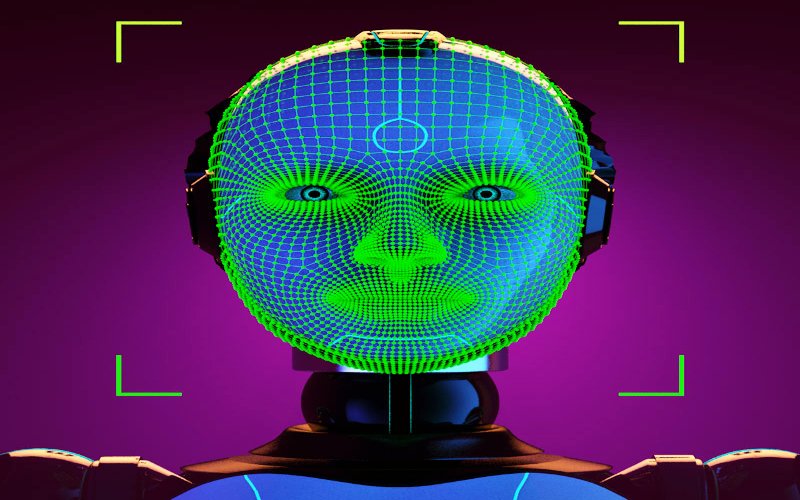Introduction to Deep Learning in Genomics
Deep learning has transformed various fields, from image recognition to autonomous driving, but one of its most groundbreaking applications is in genomics — the study of genes and their functions. Deep learning in genomics has unlocked new opportunities to understand complex genetic data, opening the door to advancements in healthcare, diagnostics, and personalized medicine.
In this comprehensive guide, we’ll explore what deep learning in genomics entails, its applications, benefits, challenges, and the future potential it holds in transforming biology and healthcare.
What is Genomics and How Does Deep Learning Apply?
Understanding Genomics
Genomics is a branch of biology focused on mapping, sequencing, and analyzing genomes, or the complete set of DNA within an organism. Genomic research helps us identify gene functions, understand inherited diseases, and even create personalized medical treatments. However, genomic data is extraordinarily complex, involving immense volumes of information that traditional computational methods often struggle to interpret.
How Deep Learning is Transforming Genomic Research
Deep learning, a subset of artificial intelligence (AI), excels at handling massive datasets and finding patterns within them. This is particularly valuable in genomics, where deep learning models analyze DNA sequences, gene expression data, and other biological information to extract insights from complex genetic material. By applying deep learning in genomics, researchers can uncover hidden patterns that were previously impossible to detect, advancing the potential for scientific discovery.
Key Applications of Deep Learning in Genomics
Gene Expression Analysis Using Deep Learning in Genomics
One of the core applications of deep learning in genomics is gene expression analysis, which examines how genes are expressed under different conditions or treatments. Models like convolutional neural networks (CNNs) and recurrent neural networks (RNNs) have been especially effective in identifying genes related to specific diseases, allowing researchers to predict disease susceptibility based on genetic patterns.
Mutation Detection and Variant Calling
Deep learning in genomics has proven highly valuable in identifying genetic mutations and variants. Such variations are critical in understanding diseases, particularly in cancer genomics. By training models on large datasets of genetic information, scientists can quickly detect mutations and link them to potential health outcomes, providing essential insights for diagnostics and targeted treatments.
Predicting Protein Structures
Proteins are the building blocks of life, and understanding their structure is essential for drug discovery and disease research. Deep learning models, such as AlphaFold, have revolutionized the ability to predict protein folding structures, offering insights into how proteins interact within cells. This advancement facilitates the development of treatments for diseases involving misfolded proteins, such as Alzheimer’s.
Benefits of Deep Learning in Genomics
Accelerating Research and Discovery
By incorporating deep learning in genomics, researchers can analyze genetic data significantly faster, accelerating the pace of scientific discovery. Tasks that previously took months or even years can now be completed in a matter of days, enabling faster breakthroughs and allowing scientists to push the boundaries of genomic research further.
Enabling Precision Medicine
Precision medicine tailors treatments based on an individual’s genetic profile, and deep learning in genomics makes this possible. By analyzing large datasets to predict which therapies might be most effective for a given patient, deep learning offers personalized healthcare options that can dramatically improve outcomes, especially in complex cases such as cancer treatment.
Challenges Facing Deep Learning in Genomics
Data Complexity and Quality
Genomic data is inherently complex, and deep learning models require high-quality data to learn effectively. Often, genomic datasets are noisy or incomplete, which can result in biased or inaccurate predictions. Ensuring data quality and developing algorithms that can handle this complexity are critical steps for the successful application of deep learning in genomics.
Ethical and Privacy Concerns in Genomic Data
Genomic data is highly personal, making ethical considerations paramount when using deep learning in genomics. Handling sensitive data requires strict measures to ensure privacy and prevent data misuse. Researchers and organizations must adhere to ethical standards, addressing concerns about data misuse or potential discrimination based on genetic information.
Innovations Shaping the Future of Deep Learning in Genomics
Explainable AI in Deep Learning for Genomics
Explainable AI (XAI) is becoming increasingly relevant as researchers seek to understand the reasoning behind a model’s predictions. This is especially valuable in genomics, where deep learning models need to be transparent and interpretable for clinical use. Explainable AI helps to refine models, making them more accurate and reliable, which can lead to better decision-making in clinical settings.
Integrating Multi-Omics Data
Integrating multi-omics data — combining genomics with proteomics, metabolomics, and other biological datasets — provides a holistic view of biological processes. Deep learning in genomics is instrumental in analyzing these diverse data types, offering insights that are invisible within a single data set. This approach is essential for identifying new biomarkers and understanding the complexities of diseases like cancer.
Future Prospects: The Potential of Deep Learning in Genomics
The future of deep learning in genomics holds extraordinary potential. As deep learning models continue to improve, we may see even more precise predictions of disease risks, responses to treatment, and even safe, ethical gene-editing applications. As deep learning technology becomes more accessible and computational power continues to advance, the adoption of deep learning across various genomic applications — from agricultural genomics to synthetic biology — is likely to grow rapidly.
Conclusion: Deep Learning in Genomics as a Catalyst for the Future of Healthcare
Deep learning in genomics is reshaping our understanding of genetics, enabling us to analyze complex genetic data on an unprecedented scale. From understanding disease mechanisms to advancing precision medicine, this technology is setting the stage for a new era in healthcare. Although there are challenges to overcome, advancements in deep learning continue to expand the possibilities of genomics, offering hope for more effective treatments and a deeper understanding of life itself.
As we look toward the future, deep learning in genomics will not only enhance our scientific knowledge but also contribute to healthier lives and a more precise approach to medicine.
Also visit on techitl.com.




